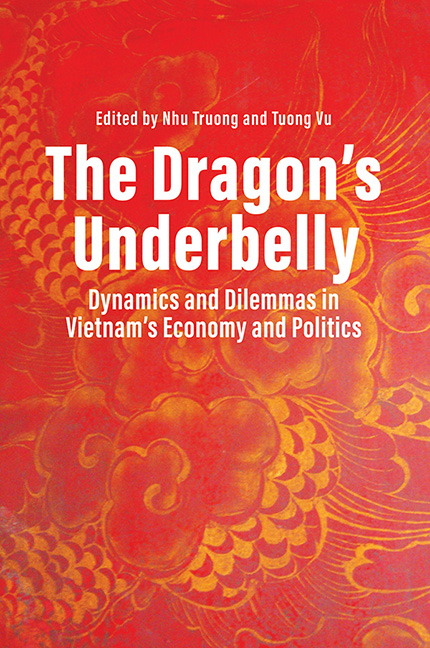Chapter 11 - Why Accountability Differs in Vietnam and China? A Nested Game Explanation
Published online by Cambridge University Press: 09 January 2024
Summary
In the early summer of 2018, a rare wave of protests rocked Vietnam. Believing the draft law on Special Economic Zones (SEZs) would give China the right to occupy strategic geopolitical positions across the country, many thousands of angry citizens poured out on to the streets demanding it be withdrawn. In Binh Thuan province, protesters burned police cars, vandalized the provincial government office and attacked members of the police force (Duc Trong 2018). In response the National Assembly voted to withdraw the SEZ law, although this was seen by the Vietnamese Communist Party (VCP) as a priority to boost economic development. This was not the first time the regime had to back down because of popular pressure. In 1997 a revolt by farmers against corruption in Thai Binh province ended with a government concession. The then permanent member of the VCP’s Secretariat, Pham The Duyet, holding the fifth most powerful position in the party, was sent to discuss matters with the enraged farmers. In the aftermath of the Thai Binh revolt, the VCP issued the grass-roots democracy directive, which aimed to prevent such incidents from happening in the future. Mr Duyet stayed on in his position until the end of his term.
It is striking to compare responses to similar incidents in China. In early 1989, a series of protests broke out across the country, most prominently at Beijing’s Tiananmen Square. The then general secretary of the Chinese Communist Party (CCP), Zhao Ziyang, visited the site and talked with the protesters, urging them to end their hunger strikes. He was among the CCP faction that wanted to seek a peaceful solution. The ultimate result, however, was the opposite: On 4 June 1989, tanks and soldiers from the People’s Liberation Army (PLA) invaded the square and massacred hundreds—if not thousands—of protesters. Mr Zhao was himself a victim: he was stripped of the party chief’s position and placed under house arrest until his death. The Tiananmen incident created a path dependence for the CCP to solve popular tensions: coercive actions are preferred over making concessions, particularly for incidents that are deemed threatening to the regime.
- Type
- Chapter
- Information
- The Dragon's UnderbellyDynamics and Dilemmas in Vietnam's Economy and Politics, pp. 313 - 341Publisher: ISEAS–Yusof Ishak InstitutePrint publication year: 2022

